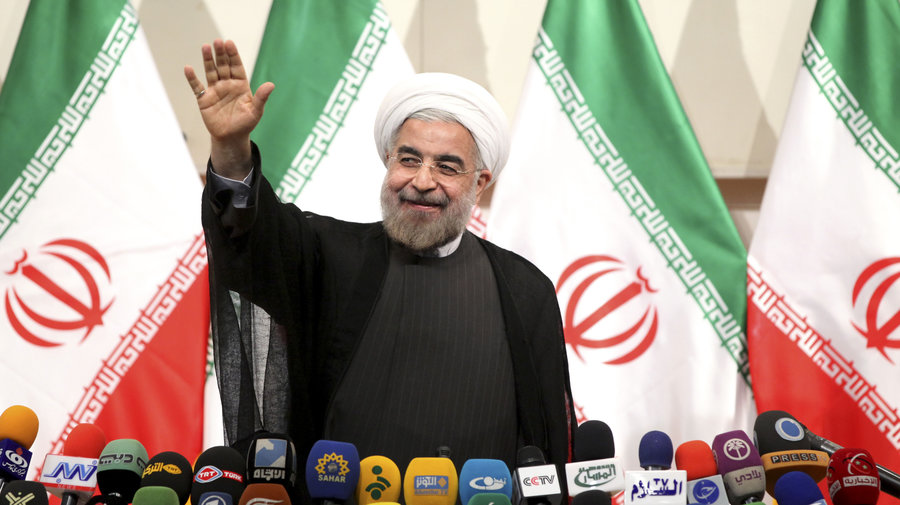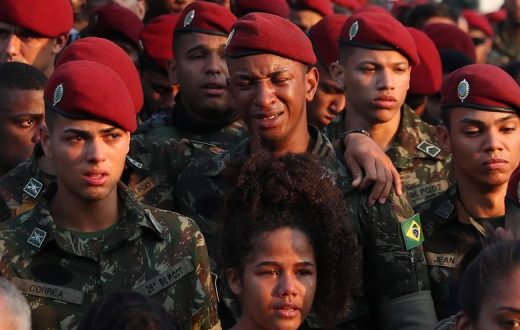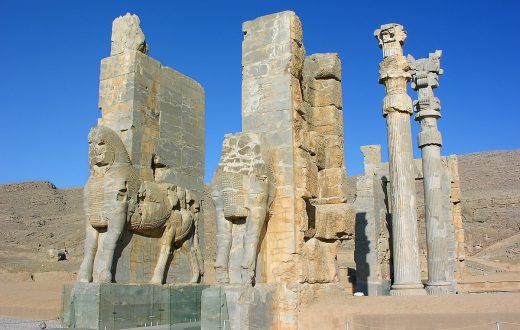Saudi Arabia has launched on the night of Wednesday to Thursday a military operation in Yemen, called “firmness Storm”. What are the reasons for which Riyadh has launched this intervention, with which partners and what form does it take?
Why Riyadh intervenes in Yemen?
In recent weeks, the crisis escalated: the Shiite militia Houthis -which has seized the capital and power since September- conducted quick advance in the direction of Aden, prompting President Abd Rabbo Mansour Hadi, recognized by the international community and supported by the Sunni Saudi Arabia, to call for foreign military intervention.
Riyadh sees in this crisis one more sign of the attempt of Iran -Shiite- to regain control over the region (although Tehran has denied any role in the crisis), while its influence is already growing in Iraq, Syria and Lebanon, and within the Shiite protests in Bahrain. In addition, Saudi Arabia had to act to prevent the strategic Strait of Bab al-Mandeb, between the Red Sea and the Gulf of Aden, to passes under the control of the Houthis. Riyadh also argues that the Houthi militia “control or could control ballistic missiles, heavy weapons and an air force.”
Who is involved?
This military operation involves “more than 10 countries,” according to Riyadh. Among them, all the countries of the Gulf Cooperation Council (Saudi Arabia, Qatar, Kuwait, Bahrain and the United Arab Emirates) except Oman. The Saudis have announced that Egypt, Morocco, Jordan and Pakistan –Strategic Allies of Riyad – but also Sudan – a traditional ally of Iran-volunteered.
Jordan and Egypt have confirmed their participation, unlike Morocco, which only expressed his “support”, and Pakistan, who is reviewing the application to take part in the coalition. Moreover, the United States, Yemeni President Hadi’s allies in the fight against the terrorist organization Al-Qaeda in the Arabian Peninsula (AQAP) announced providing support in logistics and intelligence.
What form does it take?
Saudi Arabia has massed forces (anti-aircraft systems, artillery, …) on its border with Yemen, before launching its warplanes to bomb several positions held by the Houthis in the capital Sanaa but also Al-Anad in the south of the country. According to Al-Arabiya, Ryad mobilized 150,000 soldiers and 10 fighters jets while the United Arab Emirates pledged 30 warplanes, Bahrain and Kuwait 15 aircraft each, Qatar 10. Jordan say it will engage 6 aircrafts.
In addition, four Egyptian warships entered Thursday in the Suez Canal en route to the Gulf of Aden, strategically important because of its location in the south of the Red Sea, and that they will “protect”. A Jordanian official source, however, refused to comment on media reports about a possible ground invasion.
How is it perceived?
Iran has of course condemned the military operation, saying it was “losing the chances of a peaceful resolution of internal differences in Yemen.” Mohammad Javad Zarif, Iran’s foreign minister, denounced a “dangerous step” that will only ” cause more death,” “will create more tension in the region and will bring no benefit to any country.” He added that the operation was likely to make the game of AQAP jihadists and Islamic State group, which has claimed its first attack in Yemen, which cause more than 140 casualties Friday in mosques in Sana’a.[trx_googlemap address=”Sana’a Yemen” zoom=”16″ style=”default” width=”100%” height=”240″]








